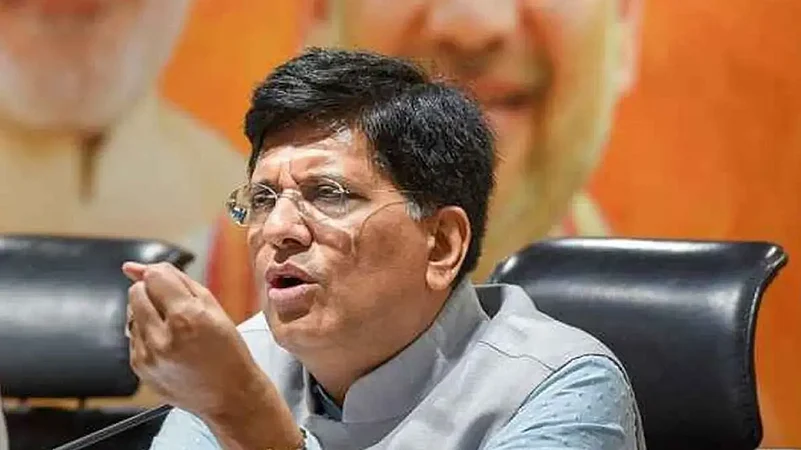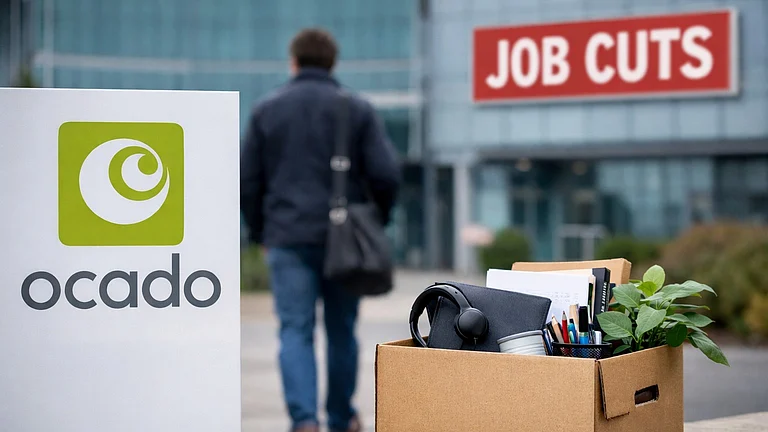Commerce and industry minister Piyush Goyal has said that India is engaged with the European Union on the EU's decision to impose carbon tax on certain imported goods and expressed hope that the intention is not to create trade barriers.
Addressing the media on Tuesday after the first India-EU Trade and Technology Council meeting in Brussels, he also said India has to keep its customs duties high on many products at times to compete with certain geographies which are "very non-transparent" and the developed countries face the "unintended consequence of the high tariffs".
Goyal said that the CBAM (carbon border adjustment mechanism) is the mechanism that the EU has proposed and India remains engaged with the EU on that.
"I am sure that the intention is not to create barrier to trade but to find a way forward so that sustainability is as much a part of our collective efforts to leave behind a better planet for the next generation... we remain engaged and we are discussing the issue and we have a long time ahead of us within which we'll be working together to find the right solutions to this," he said.
The mechanism, which is due to kick in from October, will impact India's steel and aluminium exports.
When asked about the allegations that India's duties are high, Goyal said that India's tariffs are "very often" misconstrued to be high on most items of raw material or intermediates.
"We are generally very low on duty. On many items of technology, many items which are helping the Indian economy grow, we have kept the duties very low... the actual applied rates are much lower than what was agreed to at the WTO as bound rates," he said.
He added that India is a developing country of 1.4 billion people and providing the needs for such a large population and providing work opportunities to millions of people has its own dynamics.
"Recognising and respecting our ability to compete with geographies which are completely non-transparent, we need to keep our tariffs high on many products. At times, developed countries are the unintended consequence of high tariffs and which is why we are engaged in free trade agreement negations with the EU," he said.
He expressed hope that the agreement will give huge opportunities and openings to many businesses in India to provide high quality and innovative R&D products to India and it will also open doors to EU marketplace for Indian goods.
When asked about the issue of refined oil products from India by using Russian oil, external affairs minister S Jaishankar said that "my understanding of the council's regulations is that if Russian crude is substantially transformed in a third country then it is not treated as Russian any more."


























.jpg?w=200&auto=format%2Ccompress&fit=max)




